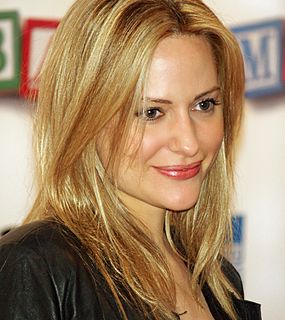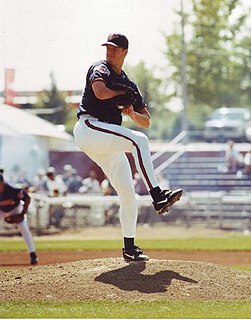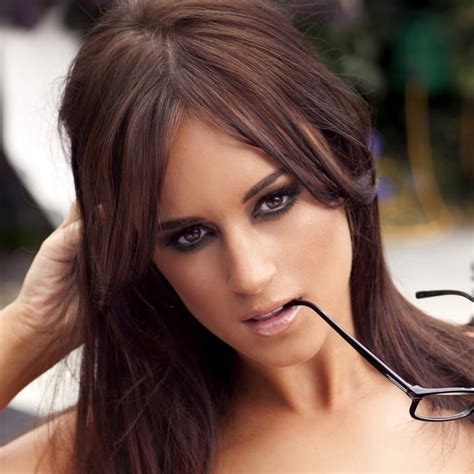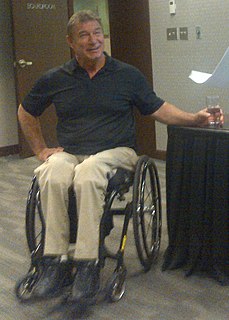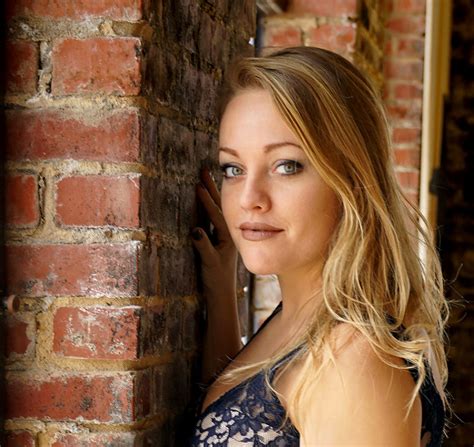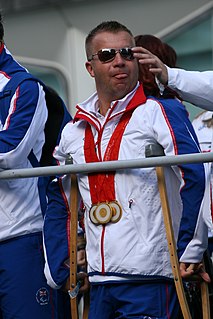A Quote by Jessa Gamble
Being unconscious is the ultimate disability.
Quote Topics
Related Quotes
A savant, by definition, is somebody who has a disability and, along with that disability, has some remarkable ability. Prodigies and geniuses have the remarkable abilities that the savant shows, but they do not have a disability. So, by definition, a savant includes someone with a disability, and a prodigy or genius are people who have these remarkable skills but they do not have a disability.
There are millions of people out there ignoring disabilities and accomplishing incredible feats. I learned you can learn to do things differently, but do them just as well. I've learned that it's not the disability that defines you, it's how you deal with the challenges the disability presents you with. And I've learned that we have an obligation to the abilities we DO have, not the disability.
You have to learn to trust - and listen to - your unconscious mind. If you pose the question to your unconscious "is this person a friend or a foe" - safe or a threat - your unconscious mind is hard-wired to assess that brilliantly for you. It's just that we're not very good at paying attention to what our unconscious minds are telling us.
The child's mind is not the type of mind we adults possess. If we call our type of mind the conscious type, that of the child is an unconscious mind. Now an unconscious mind does not mean an inferior mind. An unconscious mind can be full of intelligence. One will find this type of intelligence in every being, and every insect has it.




